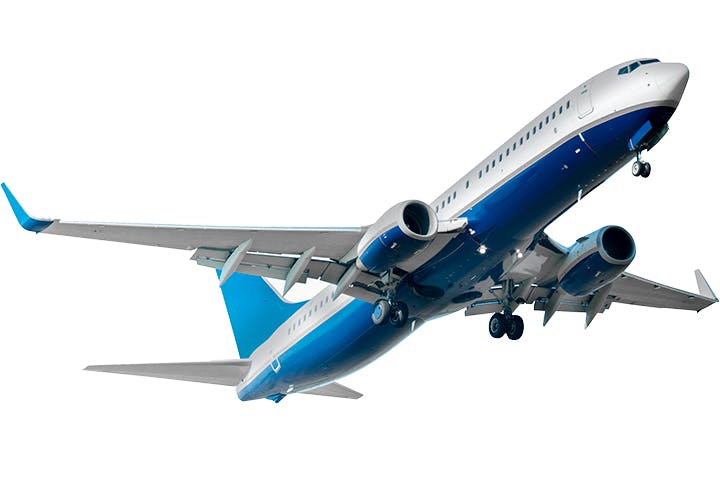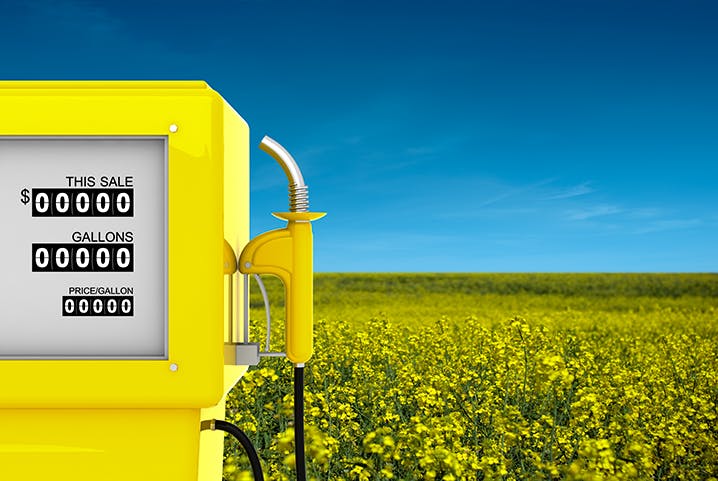As aircraft manufacturers and governments seek to reduce the carbon footprint of air travel, the use of bio‑kerosene is booming. Its production involves new refining processes in which DMDS, an additive derived from sulfur chemistry, of which Arkema is the world leader, plays a key role.
By 2030, the aviation industry will see the share of renewable fuels in its total energy consumption increase twofold. This shift, encouraged by regulations like the RED II directive in Europe, requires the use of conventional kerosene plus bio‑fuels and now also the development of “green kerosene”, which is wholly derived from biomass.
Like Total’s La Mède facility in France, since 2019, more and more refining plants are being converted to produce these next‑generation fuels. DMDS (dimethyl disulfide)performs an essential function in this chemical process. “Bio‑refineries use catalysts to deoxygenate the vegetable oils from which bio‑kerosene is made,” explains Francis Humblot, Business Development Manager for Oil & Gas in the Arkema Thiochemicals business unit.
“Our product, injected at the right time into the reactors, causes the surface of these catalysts to activate.”
Global demand to grow 15% by 2030 Demand for this specialty additive, recognized across the globe for its efficiency and already vital in the oil industry, will surge worldwide due to the rapid growth of bio-kerosene: “We expect that in 2030, DMDS consumption in this market will be equivalent to that of the traditional refinery market and will contribute to a 15% increase in DMDS consumption globally”, says Guillaume Legouis, DMDS Global Business Manager at Arkema. The Group, the undisputed world leader in the supply of DMDS, with two production sites in Kerteh (Malaysia) and Lacq (France), is of course aiming to support this growth. Its Carelflex® service offering, which enables it to ensure the safe in situ injection of DMDS into refineries around the world by a team of Arkema experts, is already successfully supporting the main producers of bio-kerosene.





